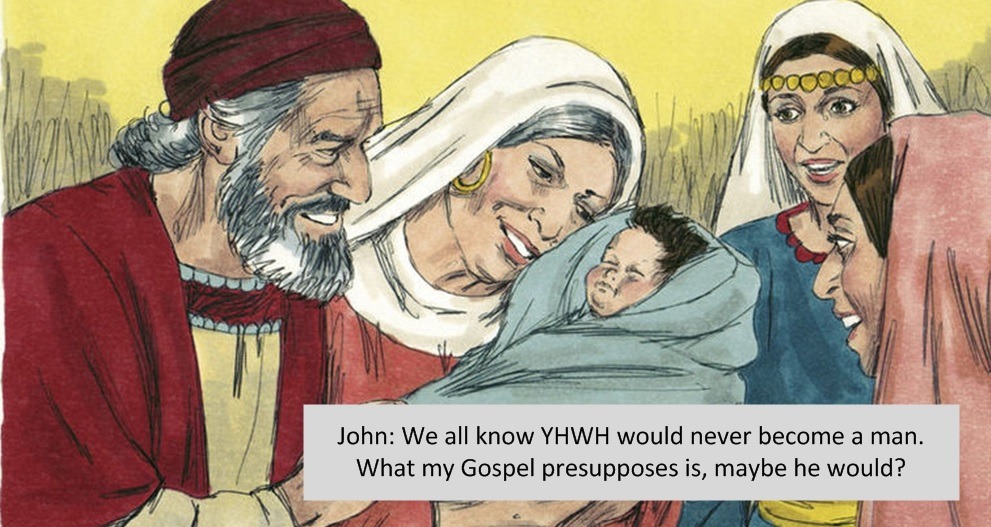Here is the course description:
In this course we will examine some of the different "Jesuses" who have emerged through the ages, including several interpretations of Jesus in historical studies, and several interpretations of Jesus from art and literature. This course will weave together three primary threads: 1) the Jesus of history; 2) ancient representations of Jesus; and 3) the various modern Jesuses who embody various symbols, ideologies, collective memories, and cultural identities. Through lecture and discussion, we will examine diverse portraits of Jesus in history, literature, art, song, and film throughout history.This class will run from early June to mid-July. It will be hosted and accredited by the oldest university in California: University of the Pacific. You do not need to be admitted to the university as a full-time student to take this class. If you're interested and would like to learn more, email me at aledonne at pacific dot edu.
The entire course will be conducted online and has no course prerequisites. All you need is a reliable internet connection and some gumption to get started. Details about tuition costs are still being discussed, but you can get a general idea here. I'm not yet sure about the maximum students allowed per course, but I imagine that the early bird will get the worm. Because I've provided the above email, I have removed the comments feature below.
Ten students have already expressed interest; this class will max out at thirty. For details about tuition and registration, email me at aledonne at pacific dot edu.
Ten students have already expressed interest; this class will max out at thirty. For details about tuition and registration, email me at aledonne at pacific dot edu.
-anthony















